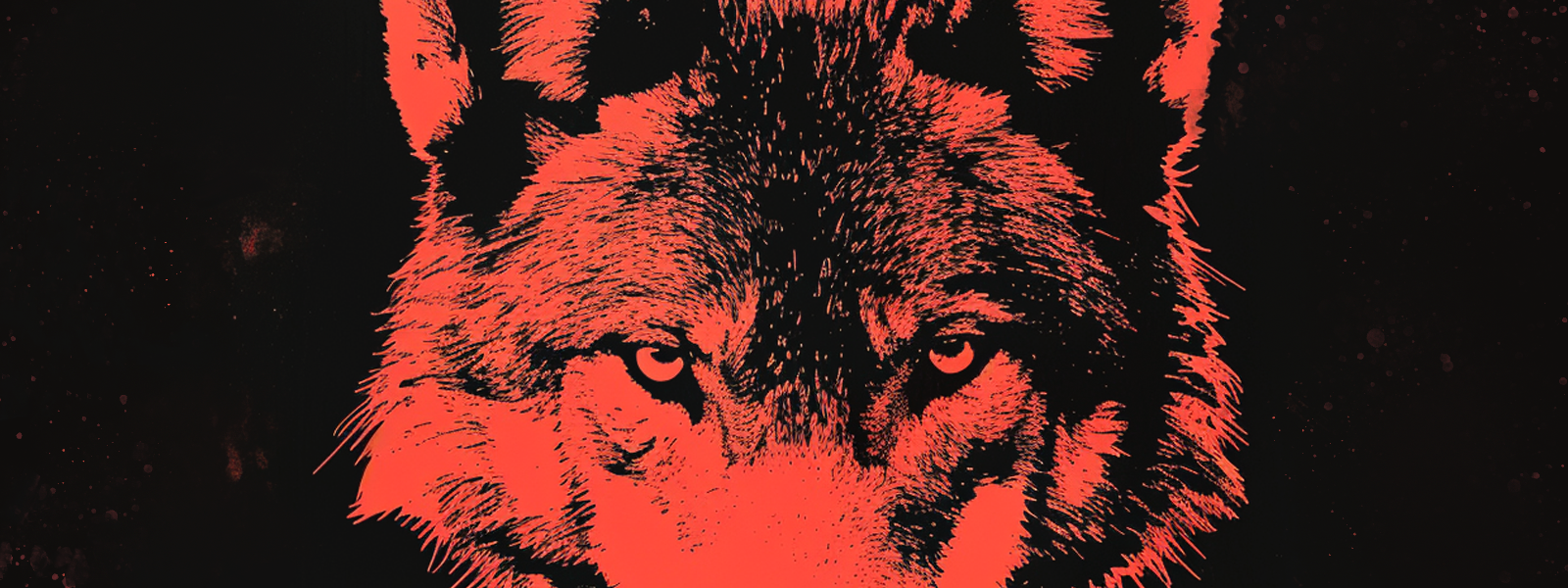Worship Carrots
See the world anew, cast aside your ideas, and recognize the naked, ineffable beauty of where you are.
All 2 of my readers might recall that, last week, I dismissed seeing carrots as a legitimate means of revolution.
I regret to inform you that, in the last 168 hours, I have changed my mind.
The Norwood 6 Impressionist painter was right.
A carrot, freshly seen, will start a revolution.
My apologies, Cezanne, for having doubted your wisdom.
And to my detractors who call me a hypocrite, you’re right. I’m a hypocrite.
As Whitman retorted, “Do I contradict myself? Of course, I do. I contain multitudes.”
So what’s with all this revolutionary carrot business?
Because when you freshly see a carrot, you see no carrot.
Perception is weird like that. Don’t blame me. I didn’t make the rules (furtively points to Día).
The more directly and naively you look at carrots, the more translucent they are.
Yes, translucent. As in light shines through them.
The world is ablaze with Día!
Don’t take my word for it.
Allow your eyes to roam over your room and fix onto something that catches your attention. Set your gaze lightly upon it.
Look upon it as if you’ve never seen it before. Feel your breath slow. Let the ideas of it melt away.
Just that thing.
What’s there?
Rather than allowing words to rush to the surface, let your raw perception do the work.
What is really there?
Without a story, without a label, without the ghost of concepts, what is present to your naked senses?
It probably didn’t flicker with the flames of the divine, but perhaps you got a whiff of its mysterious essence.
This object that you’ve passed dozens, hundreds, thousands of times and filed away as a stool, the spine of On the Road, or your own hand is revealed to not—quite—be any of those things.
In moments of naked awareness, even the trans in translucent drops away.
All that remains is ineffable light. Without time or place, self or other, beginning or end.
No-thing.
The waking world of kitchen counters, leaky garbage bags, and your lover’s sumptuous body trembling under your touch—all transfigured into the dreams they always were.
Whitman is one of the West’s most eloquent voices on this subject.
Surrealism, rather than revealing the doldrums of brushing teeth and laying bricks as a futile exercise, elevates it into the most sacred of acts.
It is Día breathing himself into form, like the glassblower expiring into molten silica.
Open any page of Leaves of Grass and listen to Whitman’s verses rolling off the page. Verse after verse of exultation for every inch of existence, from a naval captain facing down a barrage of grapeshot to a lover plunging her lips onto his hips.
Everything is holy!
And everything is holy because everything is nothing.
I flipped open to a random page of Leaves of Grass and read this:
Are you the new person drawn toward me?
To begin with take warning, I am surely far different from what you suppose;
Do you suppose you will find in me your ideal?
Do you think it is so easy to have me become your lover?
Do you think the friendship of me would be unalloy'd satisfaction?
Do you think I am trusty and faithful?
Do you see no further than this facade, this smooth and tolerant manner of me?
Do you suppose yourself advancing on real ground toward a real heroic man?
Have you no thought O dreamer that it may be all maya, illusion?
The mystics, seers, and fresh-viewers of carrots will hear in Whitman’s voice the exaltation that greets them upon waking, upon boiling a pot of water for their morning coffee, upon the stream of red lights as they commute home, upon meeting an old lover in an old bar in an old part of town.
All basks in the light of Día. All flickers with the fire of the divine.
And it all starts and ends with looking at the world head-on.#
A Zen monk once asked his teacher, “To where can I escape heat and cold?”
His teacher replied, “At the summit of heat and cold.”
We rarely pursue things to their limit. We hedge our bets. We build our lives on negotiated, reasoned conclusions.
We fear to be consumed in the flames or annihilated in the cold. We near dissolution and recoil our hands.
Freedom lies where you fear most to go.
And where you fear the most is exactly where you are.
We all fear this.
Instead, we pursue endless distractions. Plans. Circus acts. Performances. Fiddling around with concepts. Anything but this.
If you are bold, plunge into the heart of the fire. Penetrate it with your soul.
Or: carelessly stroll into the jaws of hell and saunter out the other side a god and the cosmos your plaything.
Methods may aid seekers in realizing this, but that is for another time—and, to a large extent, irrelevant.
No one taught Whitman to weep at the trill of a lark or to sing in praise of the coopers fitting a band around a barrel.
He entered the sanctum of nature and drunk deeply from her stores. In his soddenness, he forgot the lessons drilled into him since childhood and the ideas that unknowingly clung themselves to him, like barnacles to a hull.
Forgetful, careless, innocent, he saw the world anew. That was his teacher. Let it be ours.
Meditation, study, workouts—good. Great. Do it.
At its base, all we must do is forget so we can remember the truths that cannot be taught.
Truths that live in your bones and your blood.
Forget.
Forget, and let Día flood you.
